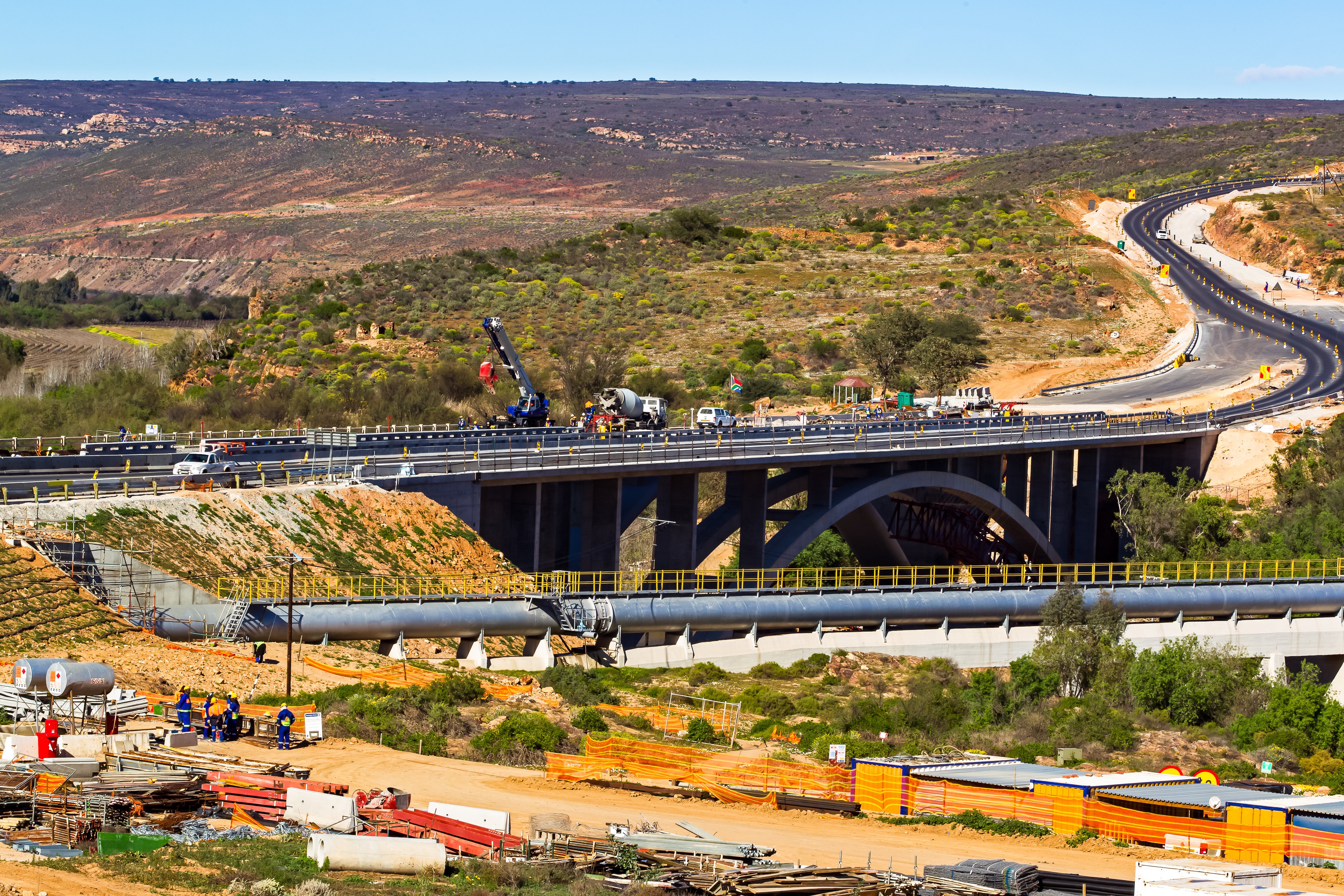Introducing PIDG
Since its establishment in 2002, PIDG has distinguished itself with its pathfinding approach towards sustainable and inclusive solutions that close the infrastructure gaps in developing and fragile countries in Africa and south and southeast Asian countries, often from conception through to implementation (see below).
PIDG: 20 years of closing the infrastructure funding gap
• Between 2002 and 2021, 190 projects reached financial close, of which:
• 105 were in Least Developed Countries and other Low Income Countries
• 136 were in sub-Saharan Africa
• 43 were in south and south-east Asia and Pacific
• We committed $4.4bn and mobilised £37.6bn from private sector investors and development finance institutions in PIDG-supported projects; $23bn of this was private sector investment.
• These projects are expected to provide over 220 million people with access to new or improved infrastructure, create 251,000 long term and 71,000 short term jobs.
• 120 projects became commercially operational.
The owners of the PIDG are six governments – the UK, the Netherlands, Switzerland, Australia, Sweden and Germany. The owners invest alongside private investors and institutions to find innovative solutions for capital-raising while creating impact.
PIDG delivers its ambition in line with its values of opportunity, accountability, safety, integrity and impact. Since 2002, PIDG has, with funding from its owners, committed $4.4bn to support 190 infrastructure projects to financial close, mobilising $37.6bn from the private sector. These PIDG-supported projects are expected to provide an estimated 220 million people with access to new or improved infrastructure. As an early proponent of blended finance, PIDG makes it viable for private investors to participate in high-quality infrastructure deals using limited sums of public funds to crowd in many times that value in private capital.
This is done practically through the PIDG companies, PIDG Technical Assistance (TA), DevCo, InfraCo Africa, InfraCo Asia, GuarantCo and the Emerging Africa Infrastructure Fund (EAIF), as shown in the chart opposite. Upstream origination and structuring services are undertaken by PIDG InfraSolutions, which pioneered first-of-its-kind local currency financing solutions in frontier and emerging markets. Upstream technical assistance is provided by PIDG TA, which grants support to PIDG companies at any stage of the project lifecycle. PIDG TA helps fund PPP advisory services to governments, delivered through the IFC. Meanwhile, InfraCo Africa and InfraCo Asia originate, develop, structure, invest in and manage projects. Credit solutions are provided by the EAIF, which provides long-term loans. Finally, GuarantCo provides innovative local currency contingent credit solutions, including guarantees to banks and bond investors to develop local capital markets.
Structure of PIDG and its companies
Committed to the just transition and meeting the Sustainable Development Goals
PIDG investments promote socio-economic development within a just transition to net zero emissions, while combatting poverty and contributing to the Sustainable Development Goals (SDGs). PIDG’s commitment to rising to the challenge of the climate crisis is therefore multi-speed, inclusive and holistic.
PIDG not only funds projects that contribute to the just transition by investing in projects that use renewable energy instead of fossil fuel (as shown in the case studies on page 4 of this report) but also in the whole life-cycle of projects and its own operations, as evidenced by its commitment to reporting within the framework of the Task Force on Climate-Related Financial Disclosures (TCFD) and discussed in the pages that follow. This is particularly important in the case of infrastructure.
The built environment is estimated to contribute to around 40% of annual global greenhouse gas (GHG) emissions, with 28% of all emissions coming from building operations and 11% coming from building materials and construction, and therefore has a vital role to play in addressing the climate emergency as Africa prepares to host COP27 later this year.
Forging ahead post-Covid with resilience and determination
Chair Andrew Bainbridge says: “Despite 2020 being a year more challenging than anybody could have anticipated, PIDG achieved financial close on eighteen projects; fourteen of which were in sub-Saharan Africa and four in south and south-east Asia. These projects will provide an estimated 14 million people with access to new or improved infrastructure.”
As the world emerges from Covid and the global policy agenda increases bandwidth for tackling the climate crisis, these lessons in adaptability and resilience will be more important than ever.
“Going forward, we will continue to apply any lessons learnt, prioritise investments that stimulate inclusive growth and jobs, and focus relentlessly on standards of safety and quality of jobs,” says Bainbridge.
Want to continue reading? Subscribe today.
You've read all your free articles for this month! Subscribe now to enjoy full access to our content.
Digital Monthly
£8.00 / month
Receive full unlimited access to our articles, opinions, podcasts and more.
Digital Yearly
£70.00 / year
Our best value offer - save £26 and gain access to all of our digital content for an entire year!
 Sign in with Google
Sign in with Google 



